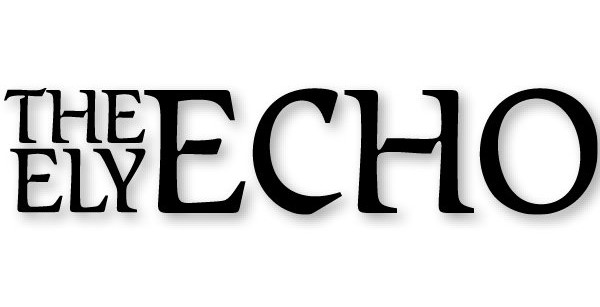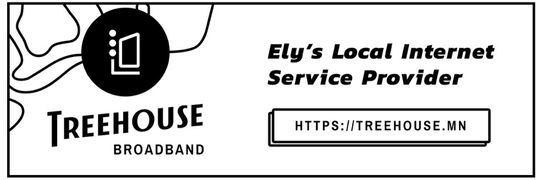Plan to generate another $350,000 goes to state for review
Ely school officials took the next step toward seeking voter support for a capital project levy that could be on the ballot as soon as this fall.
At a special meeting Monday, board members voted unanimously to forward plans for a $350,000 capital project levy to the Minnesota Commissioner of Education for review and comment.
If approved, the school district could then place the question on the ballot.
According to projections made public last month during a presentation by school financial advisors, a $350,000 capital project levy would raise property taxes by $22 on a $100,000 residential property or $61 on a $200,000 home.
It would also apply to all properties in the district, including those classified as seasonal recreational.
The move comes amid budget struggles in the district, including action this year that called for about $270,000 in budget cuts and revenue enhancements for 2024-25, and a budget that is predicted to be in the red.
A capital project levy was pitched as one source to provide additional revenue, with funds able to be used for ran assortment of expenditures ranging from technology and various capital projects, while offsetting general money that would otherwise be used for those purposes.
“We did go through a whole spring of pretty significant cuts,” said superintendent Anne Oelke. “Also we committed that we would look not only at expenditure cuts, but look at revenue streams so this is staying true to our word to our families, staff and programs that we’re looking at every avenue possible.”
Board members endorsed the proposal with no dissent, although some pressed for the district to make its case to the public.
As the district continues with several million dollars of improvements to complete an ongoing major facility improvement project on campus, board member Tony Colarich noted that those funds can’t be used to balance the budget.
“All of the stuff we have promised the community with the building bond is going to be completed, due to the generosity of the state, federal and county governments,” said Colarich. “I think there is a misunderstanding out there. These monies can’t be co-mingled.”
Oelke and district finance manager Jordan Huntbatch agreed.
“We can’t use (funds for the facility project) for our general fund,” said Huntbatch.
Oelke added that “capital project levies can only be used for restricted items, typically technology, transportation, curriculum, classroom furnishings. Through a capital project levy, it is another way for us to build a schedule to replace our technology, replace our buses. It’s a completely separate fund than our building project.”
A presentation by representatives from Ehlers Public Finance Advisors showed the potential impacts of a levy, and data they presented then identified more than 60 other districts who have utilized that option.
“A lot of schools are in the position where they need more money,” said board chairman Ray Marsnik.
Board member Tom Omerza cited portions of the Ehlers presentation, including data showing that state education funding hasn’t kept pace with inflation and noting the struggles that numerous school districts are facing related to funding.
“I think maybe some education about how we got to this point and how a lot of school districts got to this point, by underfunding from the government for what they’re mandating us to do,” said Omerza.
Colarich pointed to recent increases in per pupil funding from the state but said inflation has eaten away at any gains.
“The inflation rate is higher,” said Colarich. “The last session we got some additional money but it doesn’t cover all of inflation.”
The capital project levy also allows the district to generate revenue from all properties in the district, in contrast to operating levies that exempt seasonal recreational properties.
According to the presentation, current school taxes in Ely on a $200,000 home are $507 per year, smack in the middle in a comparison of nine area districts, which range from $212 (Mt. Iron-Buhl) to $999 (Nashwauk- Keewatin).
Ely is slightly behind Rock Ridge ($570) and Mesabi East ($572).
Advisors from Ehlers presented data that shows the Ely district has a market value of just over $864 million, with residential homesteads comprising 40 percent of the tax base and seasonal recreational making up the next largest chunk - at 34.2 percent.










